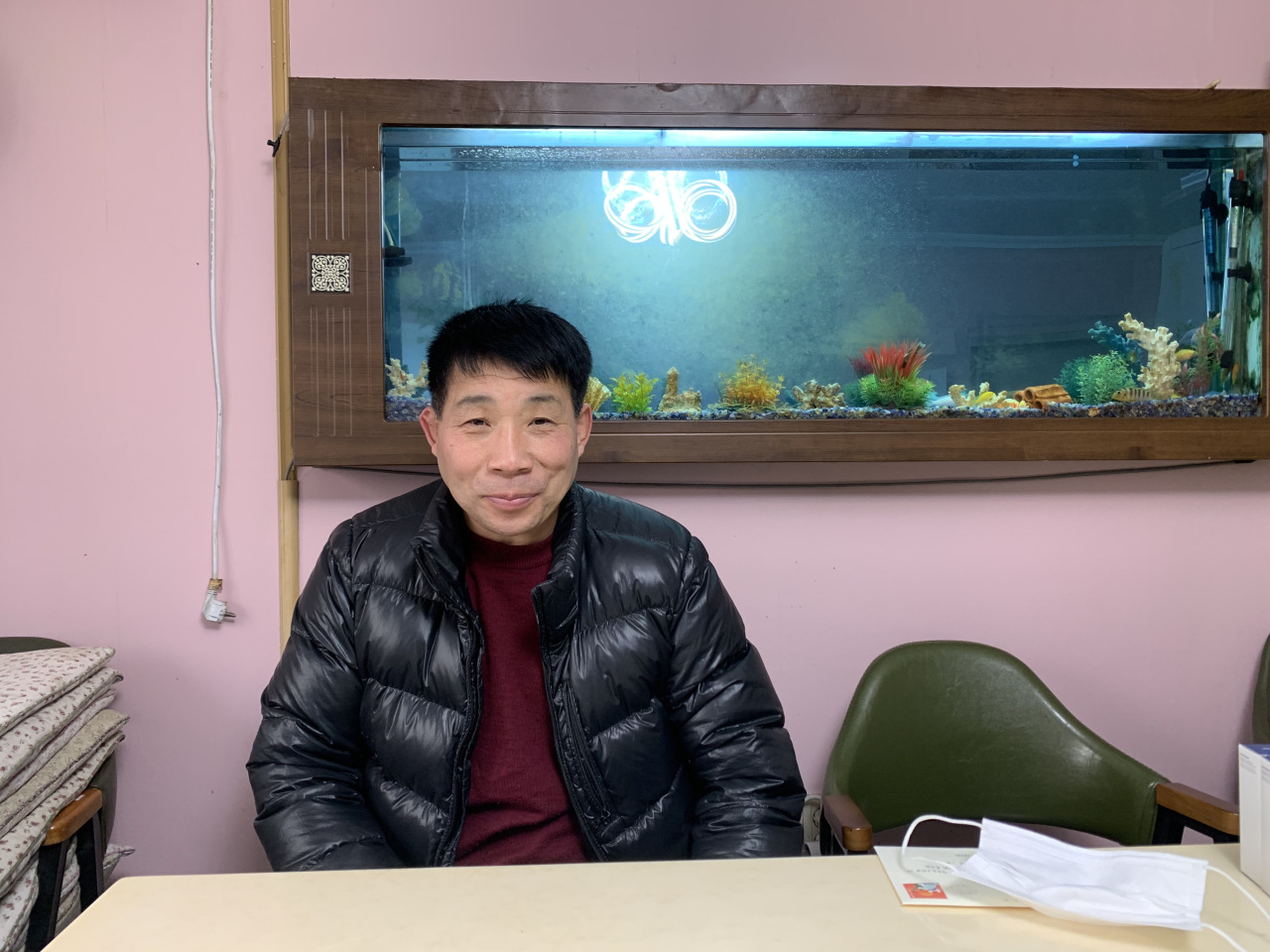[Exclusive] No more prosecutorial investigations? Police brutality victim says more could suffer like him
Exonerated man raises concerns about Democratic Party bid to abolish prosecution’s investigative powers
By Kim ArinPublished : April 18, 2022 - 15:10

A victim of police brutality, who was wrongfully convicted and served jail time in place of a serial killer, said taking the prosecution’s investigation powers away could lead more people to suffer in the same way.
As a result of a false confession given in response to a coercive police interrogation, Yun Sung-yeo, 55, spent 20 years in jail on a wrongful conviction before he was released on parole in 2009.
When the case was re-tried in 2020, the court overturned the conviction from 31 years earlier and declared Yun innocent. Over the retrial proceedings, one of the police officers who interrogated Yun at the time admitted to having used coercive tactics to force a confession out of him.
In a phone interview with The Korea Herald on Sunday, Yun said the Democratic Party of Korea’s goal of stripping the prosecution completely of its investigative abilities was feared to lead to “more victims of unjust accusations.”
“If the prosecution’s abilities to investigate are forfeited, then it would be like going back to old times when the police held too much power and the prosecution had to base their indictments on the results of police investigations,” he said.
“Some failings at the police investigation stage can be supplemented by the prosecution today. Back then, that wasn’t possible.”
He said that when he was accused by the police of a murder he did not commit, the climate of the investigation process at the time didn’t allow prosecutors to “re-investigate” and “correct” the findings of the police. But the powers of the police and the prosecution are more balanced today than they were back then, he said.
“If prosecutors lose their investigative authority, then there is nothing they can do to help people facing false accusations. The way I see it, without the power to investigate, the prosecution loses its purpose.”
On claims from some in the Democratic Party that the prosecution is “too powerful,” he said that this wasn’t his experience as someone who dealt with both police and prosecution investigations in the past and recently.
He said he was skeptical of the push to hand the prosecution’s investigative role over to the police.
“By limiting the scope of criminal investigations to the police only, and handing yet more power to the police we’re going back in time,” he said.
Park Joon-young, an attorney who represented Yun in the retrial that found him innocent, said in a Facebook post on April 11 that the Democratic Party’s prosecution reform push would “seriously undermine criminal justice.”
“People with money and influence are relatively less vulnerable to the system‘s flaws and inconsistencies, which this reform bill will inevitably create,” he said. “People without means will suffer the most as a result of this bill.”
Legal experts have criticized the Democratic Party’s push to limit the prosecution’s powers and responsibilities as “a bill that would benefit criminals.” The party plans on passing the bill before the new conservative administration takes office in May.
The Korean Bar Association, which represents all licensed lawyers in the country, said in an April 12 statement that it “clearly opposes” the ruling party’s proposal. After the passage of a bill that gave police more investigative authority, while cutting that of the prosecution, criminal cases were already facing record delays, it said.
Similarly, the Korea Criminal Procedure Law Society said in an April 11 statement that the bill would “imbue the police with disproportionate powers,” and that the prosecution’s role in criminal investigations was important in the detection of certain crimes that require specialized knowledge and training.
By Kim Arin (arin@heraldcorp.com)










![[Today’s K-pop] BTS pop-up event to come to Seoul](http://res.heraldm.com/phpwas/restmb_idxmake.php?idx=644&simg=/content/image/2024/04/17/20240417050734_0.jpg&u=)
![[Graphic News] More Koreans say they plan long-distance trips this year](http://res.heraldm.com/phpwas/restmb_idxmake.php?idx=644&simg=/content/image/2024/04/17/20240417050828_0.gif&u=)
![[KH Explains] Hyundai's full hybrid edge to pay off amid slow transition to pure EVs](http://res.heraldm.com/phpwas/restmb_idxmake.php?idx=644&simg=/content/image/2024/04/18/20240418050645_0.jpg&u=20240419100350)





![[KH Explains] Hyundai's full hybrid edge to pay off amid slow transition to pure EVs](http://res.heraldm.com/phpwas/restmb_idxmake.php?idx=652&simg=/content/image/2024/04/18/20240418050645_0.jpg&u=20240419100350)

